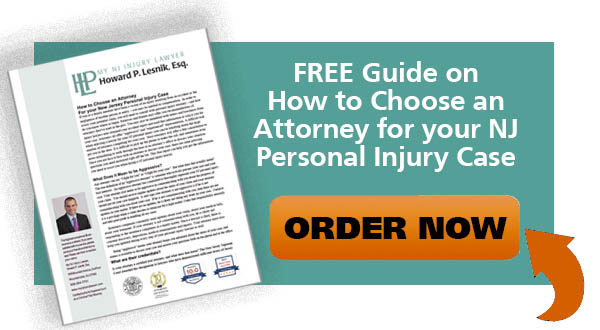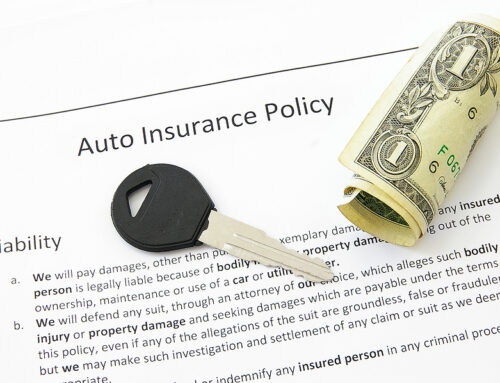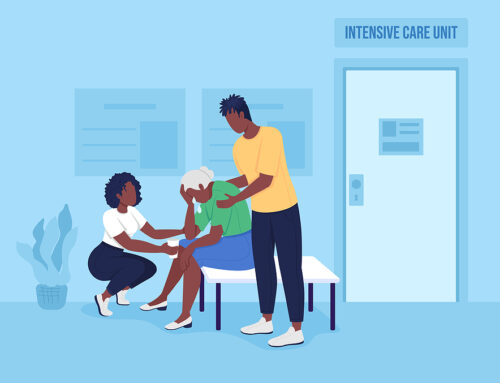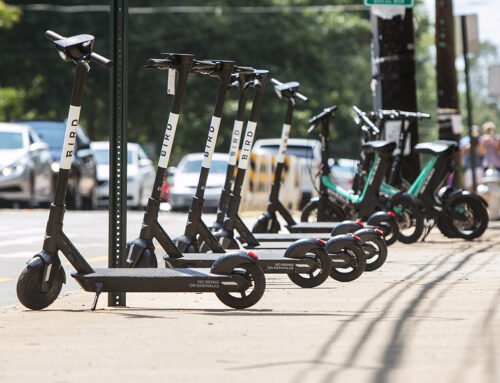Pursuing an injury claim when a child has been hurt in an accident is a little different from seeking compensation for injuries for an adult who has been hurt in an accident. Children are minors and are legally not able to file a lawsuit or sign a Release for a settlement on their own behalf. This means that the minor child’s parents or legal guardians take the lead in handling the claim – but there are a few additional legal safeguards in place to ensure that the settlement process plays out according to the child’s best interests.
Naturally, you love your child and consider his or her interests as your number one priority. Most parents feel the same way. But some parents believe that when they collect an injury settlement for their child’s injuries, the money is theirs to do whatever they please with. Many other families may mistakenly think that, as long as the money is used to benefit the family (and the injured child is included in that benefit), that they can spend the injury settlement at their discretion. This is not the case. When a child suffers injuries from an accident and a settlement is agreed upon as compensation for those injuries, that money is intended for the child, and unless other arrangements are made (a structured settlement) the money must be protected until the child becomes a legal adult at age 18.
Some parts of a child’s injury settlement can (and must) be put toward other purposes. Any medical and other expenses incurred by the child’s family as a result of the child’s injuries are paid out of the settlement, as are the attorney’s fees and expenses owed to your child injury lawyer. In New Jersey, court rules permit attorneys to charge a one-third contingent fee on the first $750,000 of a settlement. However, the legal fee on a settlement for a minor child is capped at 25%.
 In some cases, the settlement award may include an amount intended to compensate the parents for loss of consortium with their child – that is, compensation for the period of time in which the parents were unable to enjoy the company of their child or the family activities that they were accustomed to participating in together. The remainder of the settlement must be preserved for the child’s future, and this is where the courts step in to approve any settlement involving a minor. A “friendly hearing” will be held in which your settlement will be reviewed by a judge to ensure that the terms align with your child’s best interests.
In some cases, the settlement award may include an amount intended to compensate the parents for loss of consortium with their child – that is, compensation for the period of time in which the parents were unable to enjoy the company of their child or the family activities that they were accustomed to participating in together. The remainder of the settlement must be preserved for the child’s future, and this is where the courts step in to approve any settlement involving a minor. A “friendly hearing” will be held in which your settlement will be reviewed by a judge to ensure that the terms align with your child’s best interests.
Any settlement agreement for a child’s injuries that exceeds a certain dollar figure ($5,000) must be reviewed by a Superior Court judge in a “friendly judgment hearing”. It is called a “friendly” hearing because the case is settled and there are no attorney arguments or legal battles. The friendly hearing is for a Judge to review the terms of the settlement. Some parents may bristle at the notion of the court needing to check that their child’s interests are being protected (and might even interpret it as some sort of accusation), but the goal here is to ensure that every child gets the funds that they are due. The sad reality is that, before these measures were put in place, there were parents who would spend their child’s entire injury settlement, leaving nothing for when the child became an adult. This is not intended to be an adversarial or accusatory process. The personal injury attorney for the minor child and the parents can use the friendly judgment hearing to protect their child’s financial future.
A structured settlement can also be arranged to ensure that the child’s needs are protected and can also plan for the financial future of the minor. A structured settlement can allow for the child to be awarded portions of the settlement when he or she reaches certain ages. This prevents the child from receiving all the settlement funds at once and blowing it all on a new car or gambling it all away with one bet on Roulette in Atlantic City. Instead, it can be planned so a child can save for college or the down payment of a home. Some structured settlements allow portions of the settlement to be disbursed when the child reaches certain birthdays, such as 18, 21 and 25. The interest that accrues during this period allows for a greater settlement amount for the minor as well.
Going through the friendly judgment hearing process does add time to the settlement process, though if you have an experienced child injury lawyer working on your case, he may be able to move your case along more efficiently due to his familiarity with the process. At the hearing before the judge, a proposed order of judgment is drafted by the attorney which breaks down the settlement, legal expenses and attorney fee. This includes medical and other bills, attorney fees and court costs, and any award you (the parents) may have been granted for loss of consortium with your child. After these costs are subtracted, the rest of the settlement goes to the child, and the proposed judgment will describe how those funds will be protected until your child reaches the age of majority. In New Jersey, those funds must be paid to the County Surrogate until the child turns 18, at which time the money, plus any interest earned on it, is paid. In some cases, depending on the amount of the settlement and your child’s age, a structured settlement or annuity is an option that may yield a higher return for your child over the course of several years. A structured settlement may also provide that some of the money will be paid to the injured child later than age 18 – perhaps at age 25, or even later. A structure company I am familiar with will provide for four payments during the injured child’s projected college years.
Your case will go before a judge at a hearing, which the child and preferably both parents will attend (though most judges will accept testimony of one parent that the other agrees with the proposal). The judge will hear evidence about the child’s injuries, may review doctor’s reports, and will most times converse with the child – in a very friendly manner- to get a feel for the case, the injuries suffered and what kind of recovery has been made. This is all to determine if the proposed settlement is in your child’s best interests. If the judge agrees, he or she will sign the Order of Judgment and soon thereafter the insurance company will make the payments as directed in the judgment. This is one reason why it’s so important to hire an attorney who is well versed in child injury cases: handling the friendly judgment hearing process well demands experience.
Courts can be stressful. Especially if you have never been in a court room before, and even more so if it involves a minor. However, if your personal injury attorney is prepared and all the terms of the settlement are provided to the Judge before the hearing, the friendly hearing will be very “friendly.” I had a friendly hearing in the past where the Judge allowed my minor client to sit at the Judge’s bench after the settlement was approved and take pictures with his parents while he held the Judge’s gavel!
Contact MyNJInjuryLawyer Howard P. Lesnik
If you or a loved one suffered an injury in an accident in NJ, you should contact an attorney familiar with handling these claims. An experienced NJ Injury Lawyer will know how to obtain medical records, videos, photographs, experts, locate witnesses and contact the insurance company so you can make a claim for your injuries.
My NJ Injury Lawyer Howard P. Lesnik, Esq. offers complimentary strategy sessions to address any issue or questions you may have for your injury claim in NJ.
Please contact NJ Injury Lawyer Howard Lesnik, Esq., immediately if you were involved in an accident. I personally handle NJ personal injury cases on a regular basis. Please contact me now by email, by phoning 908.264.7701, or by completing the form to the right to schedule your complimentary 30-minute strategy session.







